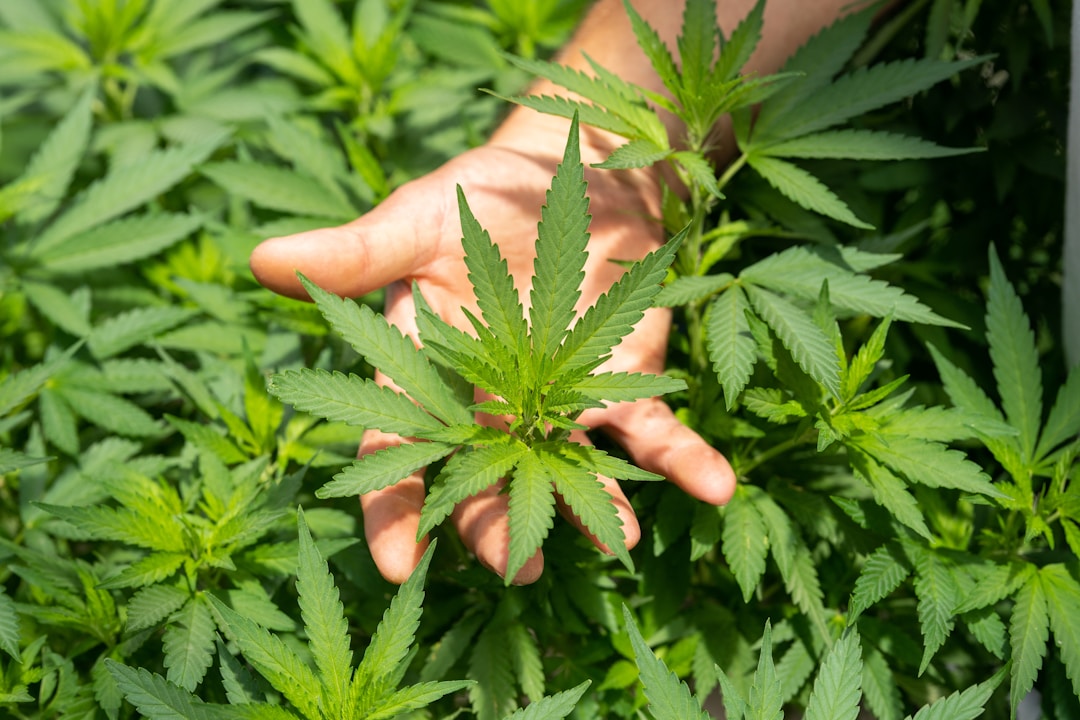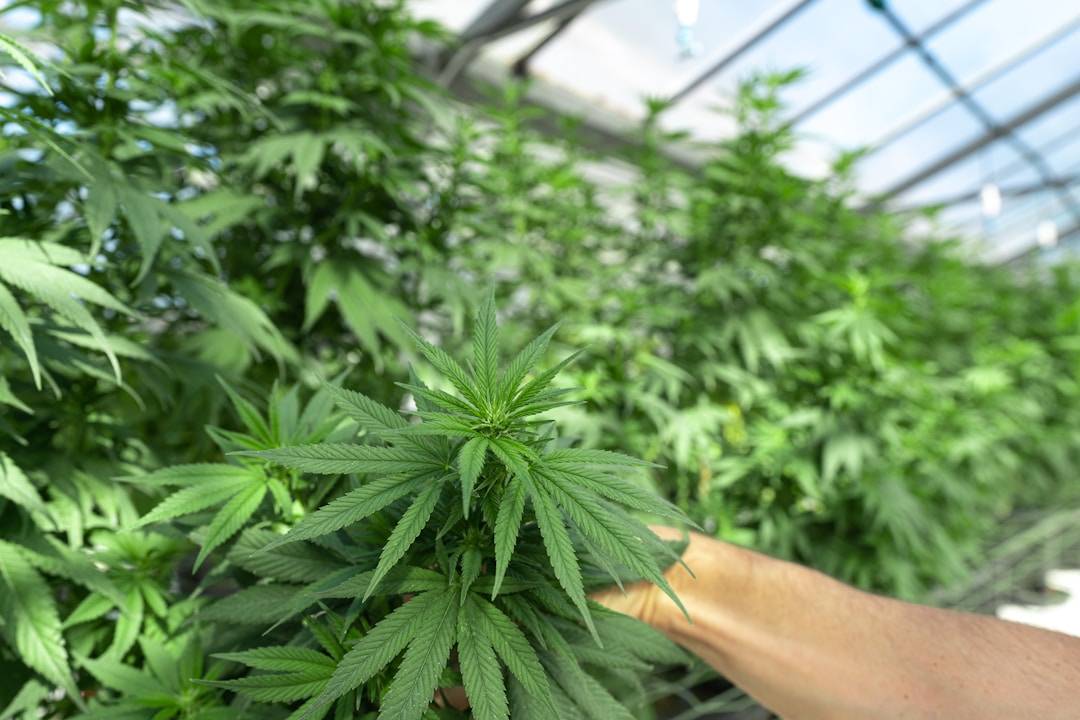With cannabis legalization growing increasingly widespread, it’s worth discussing the differences between various cannabis compounds. Though most people are familiar with cannabis, many don’t realize that there are a lot of cannabis products, and they can all affect you in different ways. Two of the most commonly used cannabinoids are CBD and THC, both of which are found in the cannabis plant. However, despite their many similarities, there are also stark contrasts, including the way that they’re treated in the eyes of the law. Keep reading if you want to learn more about the differences between CBD and THC.
What is the difference between CBD and THC?

CBD and THC do have a lot in common, but there are many substantial differences between these two cannabis compounds. Both THC and CBD are cannabinoids that can be found in the cannabis plant. However, their effects aren’t the same, and you should be aware of what to expect before experimenting with either substance. THC produces a distinctive and psychoactive high, whereas CBD doesn’t have psychoactive properties and won’t get you high. Consumers describe CBD’s effects as far more subtle and relaxing.
When it comes to CBD oil, some products include THC while others don’t. CBD products are allowed to contain up to 0.3 percent THC in the U.S., and full spectrum CBD products do contain THC in addition to CBD. Broad-spectrum CBD products, on the other hand, still include a range of cannabis compounds but have 0.0% THC. You can read customer reviews to better understand the pros and cons of each formulation. There are advantages to both full- and broad-spectrum products; you just need to decide which you prefer.
If you’ve never used cannabis before, it’s a good idea to consult your doctor before trying either CBD or THC for the first time. Your doctor can explain how cannabis could affect any health conditions you have or interact with medications you’re currently taking. Your doctor can also help you understand proper dosage or obtain a recommendation for medical cannabis use if you live in a state with a medical marijuana program.
Are THC and CBD legal in the United States?

Before using any cannabis products, it’s essential that you familiarize yourself with local laws regarding their use. Hemp and hemp plant derivatives like CBD were legalized on a federal level through the passage of the 2018 Farm Bill, as long as they don’t contain more than 0.3 percent THC. Though some states have restricted which types of CBD products can be sold, CBD itself remains legal nationwide.
THC remains a controlled substance under federal law, which means that you’ll need to defer to your state’s laws on marijuana use. Currently, 36 states have some type of medical marijuana program, while 18 allow recreational use. The permissiveness of these laws can vary significantly, though, with some programs allowing residents to grow their own marijuana and purchase a variety of products from dispensaries and others only permitting the use of a few select products that have to be purchased from specifically licensed vendors.
If you’re interested in experimenting with cannabis, it’s smart to take the time to learn about both CBD and THC. Not only will this help you make more informed decisions about what products to purchase, but it will also better prepare you for the experience. Keep in mind that laws can differ depending on where you’re located, so it’s always best to look into your local laws before purchasing cannabis products. Products that contain more than 0.3 percent THC are still considered controlled substances, and their use is subject to a number of restrictions in the United States. When used responsibly, cannabis products can be an enjoyable part of your daily routine.










